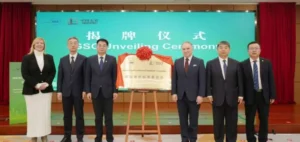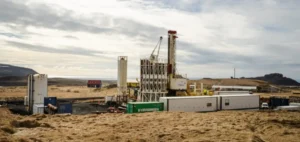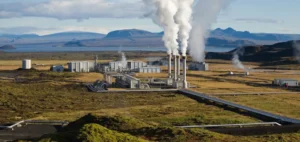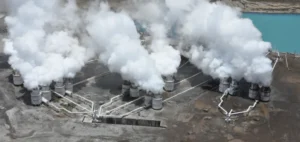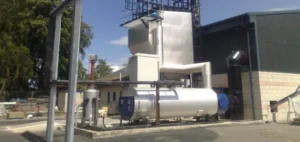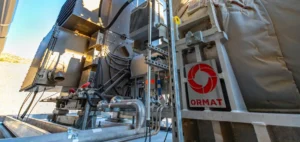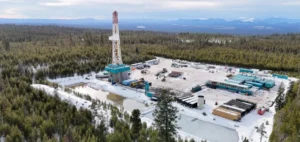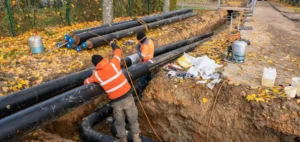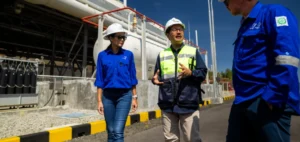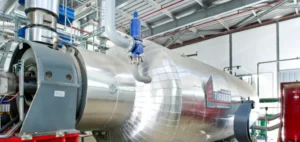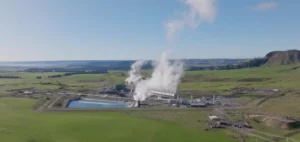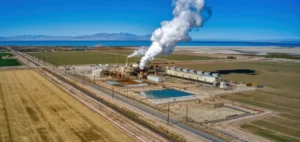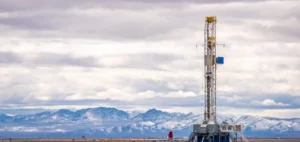In Aarhus, on the Jutland peninsula, Denmark, is preparing to build the largest geothermal power plant in the European Union.
A 30-year agreement
In Aarhus, Innargi, founded by AP Moller Holding, enters into a 30-year agreement to develop and operate this geothermal power plant. Studies show that buildings account for 13% of all greenhouse gas emissions in the European Union. This is equivalent to 432,000,000 tons of greenhouse gases each year.
Geothermal heating systems make it possible to heat many buildings with green energy. The absence of wind and sun does not affect the capacity of the system. For example, replacing hydrocarbon-based heating allows households to reduce their carbon footprint by six tons per year.
Samir Abboud, Innargi’s CEO, states:
“It is essential to rethink our heating sources and integrate geothermal when planning the future energy mix. We see huge potential for geothermal heating in many European cities that are struggling to phase out coal to meet climate goals. We believe that countries like Denmark, Germany and Poland offer the right underground conditions to significantly reduce the need for coal, gas and imported biomass. The 30-year agreement announced today is an important first step in our journey. We are very pleased to see the strong support from the Danish government and the municipality of Aarhus, including the confidence in our team and technology, to develop what will become the largest geothermal power plant in the EU.”
In Aarhus, the water comes from a depth of 2 to 3 kilometers below the surface at a temperature of 60 to 90 degrees. The heat, thanks to pumps, enters the urban network, then, cooled, is reinjected through wells in the basement.
Extensive decarbonization
The municipality of Aarhus has 330,000 citizens and 180,000 households. 95% of households are connected to the district heating system. The planned capacity of the geothermal plant is 110MW, equivalent to 20% of the district heating demand.
The Aarhus plant will reduce CO2 emissions by 165,000 tons per year. The plant is expected to become operational in 2029. In addition, the operating period is 30 years.
Robert M. Uggla, CEO of AP Moller Holding, states:
“The AP Moller Group has extensive historical experience with large-scale underground projects. A few years ago, we divested our oil-related E&P business. We founded Innargi to bring these skills into play for the benefit of the energy transition. We see great opportunities for Innargi to develop environmentally friendly district heating for Aarhus and millions of homes in other European cities.”
The temperature of the subsoil increases with depth, allowing geothermal energy to produce heat. The earth’s core has the same temperature as the sun’s surface, 5000 degrees.





